
Editor
This is the cinematographic diary of an extended trip across the Pampas, on the trail of Guillermo Enrique Hudson, aka William Henry Hudson. Hudson is an enigmatic figure, full of paradoxes: he was an Argentine gaucho who became an English writer. He fought in the army against the “savages” but also defended them. He wrote obsessively about his native land, but never returned. In the twists and turns of the road, emerges a mix of documentary speculation, personal memory… and dreams.

Editor
Three brothers, hunters, and heavy metal fans struggle with their issues in the dense Argentinian Patagonia. Meanwhile, the neighboring river threatens their farm with a flooding that can ruin their harvest.

Producer
From a small town between mountains, the voice of an old peasant emerges to make present a lost memory: the solo death of one of his closest friends. Some horsemen, also old friends, embark on a restorative odyssey.

Editor

Editor
Jimena travels to Río Grande, on the island of Tierra del Fuego in southernmost Argentina, to join her half-brother Mariano. She has almost no money to travel but manages to arrive there hoping to have a better life in that manufacturing region. The wind, the cold and the complex economic crisis form the background against in which Jimena will develop empathy for the people around her and a feeling of belonging there, but also a place where she will learn to know herself better.
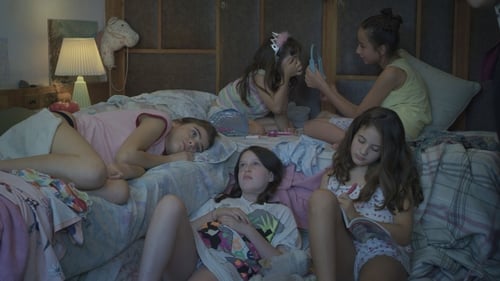
Editor
Um véu de tristeza cobre os dias opressivamente quentes de verão. Cleo mergulha em devaneios com seus primas. As meninas compartilham sinais e rituais secretos. Fluindo suavemente, em imagens impressionistas, o espaço vazio que a morte da irmã de Cleo deixou na família é poeticamente circundado.
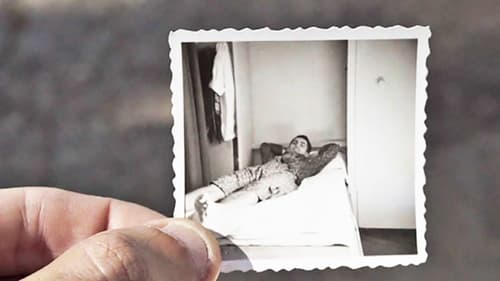
Editor
Over several days and nights, an actor and an actress read the correspondence between Torcuato and Kamala, the film director's parents, he from Argentina, and she from India. The letters, encompassing the decades from the 50s to the 70s, refer to love and idealism, record world travels, talk about socialism and psychoanalysis, about pain and broken dreams. Their reading reveals a relationship between the actors, with similarities and differences. Meanwhile, with his own daughter, the director sets about solving the puzzle of the family memory, an intimate twentieth-century tale.

Editor
Map of Latin American Dreams explores the desires and hopes of individuals throughout Latin America. The project consists of many trips, beginning in 1992 and continuing through 2013, to Argentina, Cuba, Mexico, Peru, Nicaragua, Guatemala, Brazil, and Colombia.
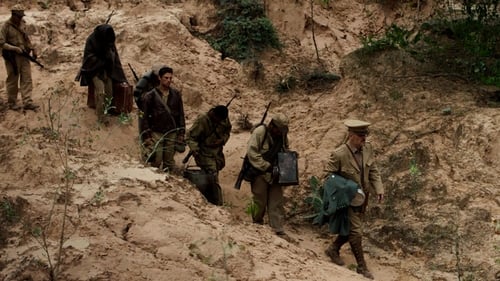
Editor
In 1934, Bolivia is at war with Paraguay. Liborio and Ticona and other Bolivian indigenous soldiers are lost in the hell of the Chaco, under the commandment of German Captain Kundt. They're looking for the Paraguayan enemy that they haven't seen for months, and that they will never find. They leave together in a search that will make them realize, progressively, the destiny they have been pushed into and the inevitable condition of a defeated troop. They're walking like shadows, wandering forever in the middle of dust and silence.

Editor
Lila and Marcela have always worked on the cleaning staff of a state office. They know its nooks and crannies better than anyone, and have found a way to support themselves - and a dream - running a clandestine kitchen in an abandoned corner of the building. But times change: a new director arrives, spouting cynical speeches full of clichés with a fistful of empty promises. The kitchen is closed and a wave of redundancies disrupts the precarious equilibrium in the office, making everyday tasks a struggle for survival.

Editor
In Córdoba, far from the Argentine capital, the end of a military regime promises a spring that is all too brief. “La Delpi” is the only survivor of a group of friends who are transgender women and drag-queens, who began to die of aids in the late 80s. In a Catholic and conservative city, the Grupo Kalas made their weapons and trenches out of improvised dresses and lip-syncing. Today the images of unique and unknown footage are not only a farewell letter, but a manifesto to friendship

Editor
Martín é um jovem virtuoso e compositor de piano argentino. Durante quatro anos, ele foi paciente do hospital psiquiátrico El Borda. Música encheu sua vida. Agora ele está tentando voltar à vida fora dos muros de asilo, enquanto trabalhava em sua nova obra, "Enfermaria".
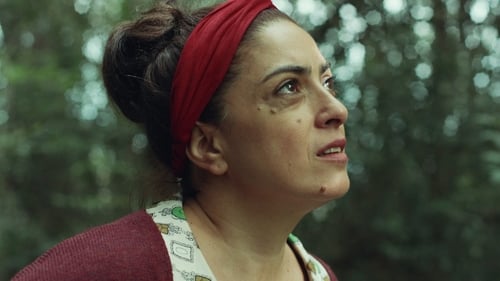
Editor
Clara receives the world prize for children's literature. To find some peace, she moves with her family to the countryside.

Editor
Hundreds of boxes left by the famous uruguayan musician and political activist Alfredo Zitarrosa (1936-1989) who run away the dictatorship in the 70s, have not been touched since his death 27 years ago. Now his wife and daughters are trying to save the memories, tapes, music and sound recordings that the boxes contain to the posterity.
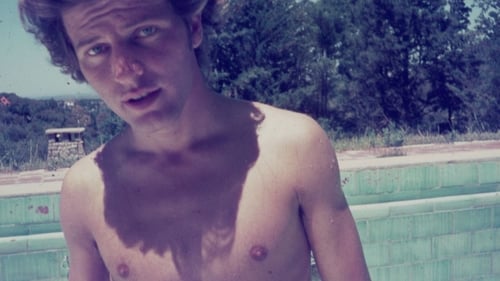
Editor
The film follows Agustina as she finds the videotapes that her father Jaime recorded before the accident that took his life. The family secrets surrounding Jaime push Agustina to get involved. Her search will reveal a story marked by sexuality and political activism. Agustina discovers that her late father, previous to his marriage and family life, was involved with insurgent leftist groups during the era of the Argentinian military dictatorship, had a long term romantic relationship with another man and was a prominent member of the underground LGBT scene. She reconstructs her father's life through interviews with people that knew him and a treasure trove of family films to produce a moving portrait of a multi-faceted, fascinating and mysterious figure.
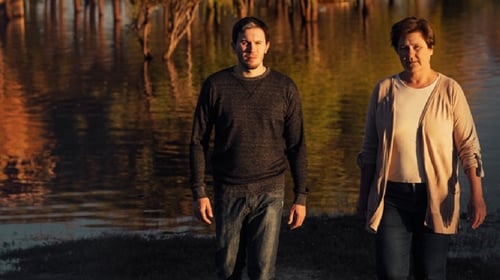
Editor
Dr. Vladimir Roslik was born and raised in the town of San Javier, founded by Russian immigrants on the banks of the Uruguay River, and graduated as a doctor in Moscow in the late 1960s during the Cold War. He later decided to return to his small town in Uruguay to practice his profession, for which he obtained the affection and respect of the community. Vladimir Roslik was assassinated in 1984 during the dictatorship during a torture session, and it is considered the last death of the Uruguayan military dictatorship. Today, more than 36 years after his crime, it is still not known who the intellectual authors of the military operation that caused his death were. This documentary traces the life of Mary and Valery, the widow and son of Dr. Vladimir Roslik. They are currently seeking to heal a wound that is theirs, and of their community, as victims of an irrational political and ethnic persecution, under the shadow left by a law that prevented justice for the murders.

Editor
A dark shadow hangs over the role of defense lawyers whose arguments are aimed at freeing criminals. But Alfredo is not a blood-sucking vulture: he has values that sustain his work, a cause.

Editor
The year is 1896. In the dense jungle of Paraguay a three years old Ache girl survives a slaughter perpetrated by white settlers. The girl is named Damiana by her captors. Anthropologists from the La Plata Museum of Natural Sciences in Argentina take her as an object of scientific interest in the context of their racial studies. Later she is handed over to a family where she grows up as a maid. In 1907, at the age of 14, she is committed to a mental institution. There she is photographed naked just two months before her death from tuberculosis. Once dead her body is studied in La Plata and in Berlin. One hundred years later, an anthropology student identifies part of her remains in the La Plata museum. Her head is found soon after at Charite Hospital in Berlin.

Editor
Carmen is taking a course in her neighborhood studying home care for the sick and elderly, sponsored by the government with the aim of social inclusion of the Gypsy people. Meanwhile, behind the discreet behavior of her everyday life, Carmen has a secret love life that defies the strict rules of her community.

Editor
A post-apocalyptic universe. A metropolis of two societies. On the surface, a regime that isolates the individuals in elite. A whole city scraped in the underground, where survival is the only law. Up and down don’t merge. Yet the Mole will climb up to fulfil his dreams.
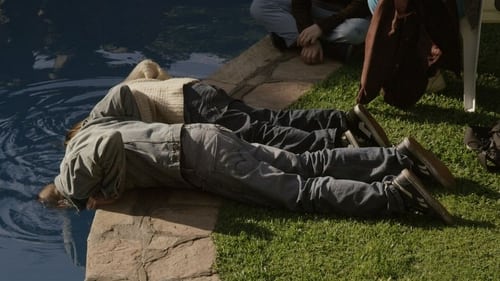
Editor
Fragments of a Saturday winter day. The Vittenzein brothers are alone at their family house. Mateo stops by to pick up Bruno and Camilo and drive them to the country house where their mother awaits. A sudden break slam brings them into the intimacy of a waste land.


















